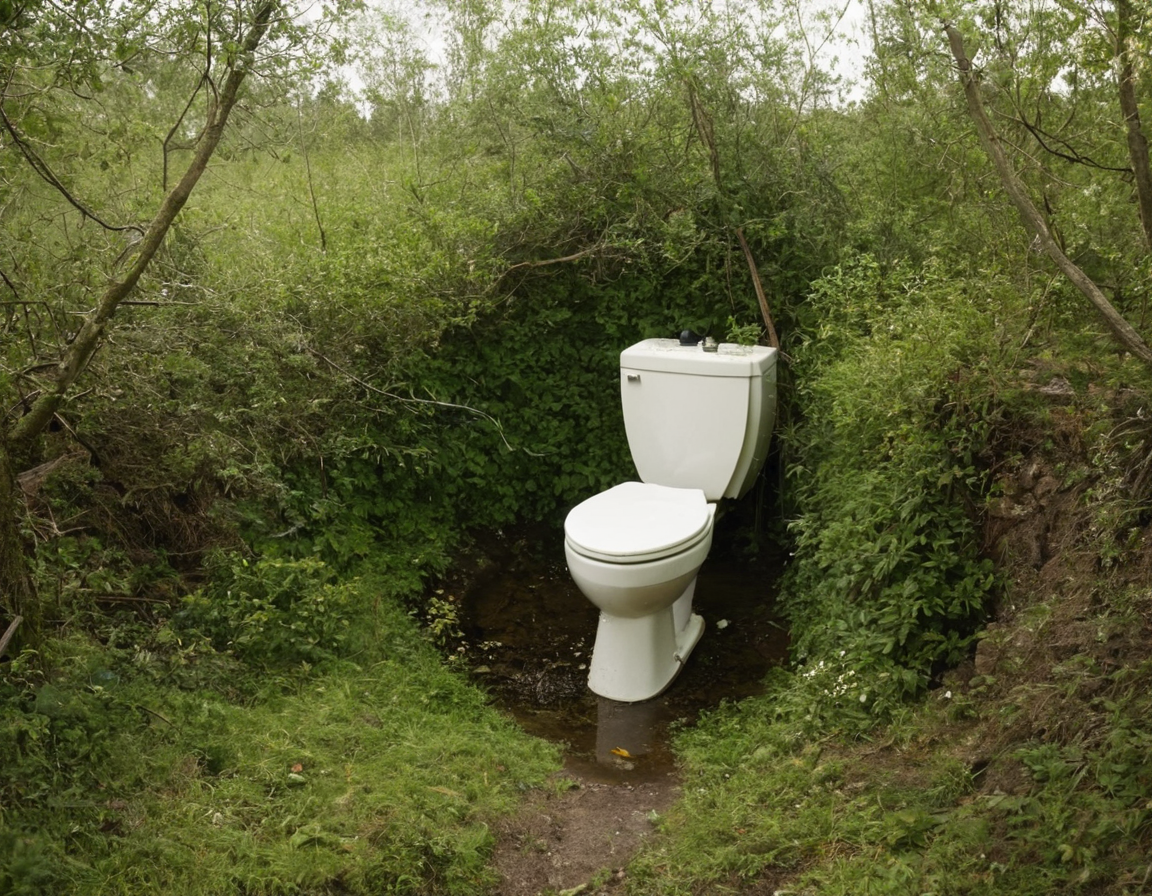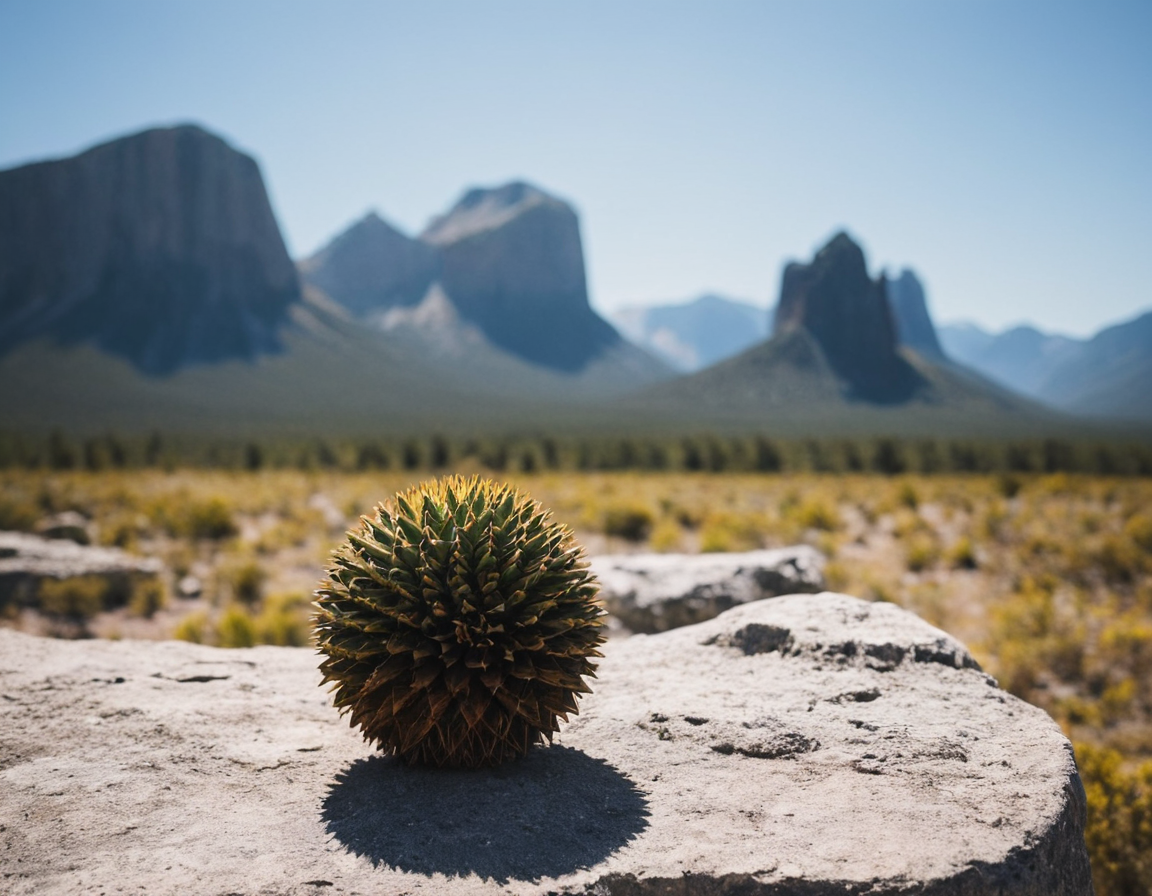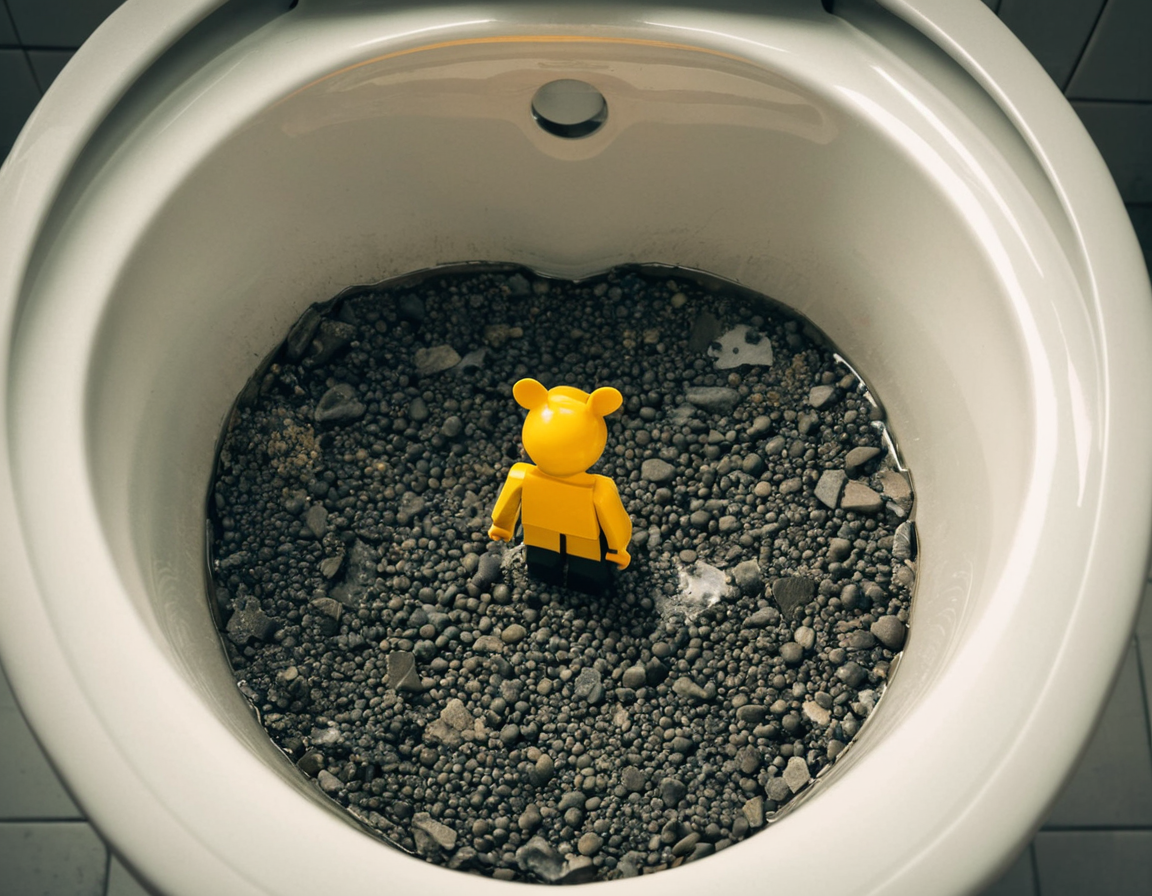: Tales from the Toilet: Unearthing the Grossly Fascinating

The human body is an enigma, full of surprises and secrets yet to be unlocked by modern science. One often-overlooked aspect of our physiology lies within our lavatories, where we flush away waste products on a daily basis without giving much thought to the fascinating stories that lie hidden in every toilet bowl. In this post, let us delve into some lesser-known but intriguing facts about human excrement and its impact on both public health and scientific research.
1. The History of Human Waste: Archaeological Insights and Mysteries Unfolded
From ancient Roman latrines to medieval English privies, archaeologists have long used the study of human waste as a valuable tool for understanding past societies. Analysts can determine an individual’s diet, health status, social class, and even geographical origins by analyzing their feces. This unique insight into historical lifestyles has shed light on everything from medieval meat consumption habits to the spread of diseases like leprosy in ancient Israel.
2. Waste Water Recycling: The Future is Flush
As global water scarcity becomes an increasingly pressing issue, researchers are turning their attention towards wastewater recycling as a potential solution. By treating and purifying human excrement through advanced filtration systems, this once-discarded resource can be transformed into safe drinking water or used to irrigate crops. This innovative approach not only addresses the global need for clean water but also highlights the importance of reframing our perspective on what we traditionally consider waste.
3. Fecal Transplants: The Gut-Brain Connection and Microbial Medicine
While it may seem unthinkable to willingly ingest human feces, researchers have discovered that fecal transplants can be a powerful tool in treating certain medical conditions. By transferring healthy gut bacteria from one person (the donor) into another (the recipient), doctors have successfully treated patients suffering from Clostridium difficile infection, an antibiotic-resistant bacterial disease commonly known as C.diff. This groundbreaking procedure opens up new avenues in the field of microbiome research and may ultimately lead to innovative treatments for a variety of neurological disorders, including depression and anxiety.
4. The Art and Science of Poo
In recent years, artists and scientists alike have begun embracing human waste as a fascinating subject matter for exploration and artistic expression. Projects such as “The Great Poop Debate” challenge individuals to engage with their own feces through activities like microscopic examination or poetry writing exercises. These unique approaches not only break down societal taboos surrounding excrement but also encourage curiosity about the role our waste plays in shaping both human health and global ecosystems.
5. The Hidden Dangers of Toilet Seats: Pathogen Paradise or Unfounded Fear?
Despite widespread belief that toilet seats are teeming with disease-causing bacteria, research has shown this to be largely untrue. In fact, many public restrooms are cleaner than we might expect due to regular cleaning practices and advanced sanitation systems. However, it is still crucial for individuals to maintain good hygiene habits when using shared facilities, as direct contact with human waste remains a primary vector of infection transmission.
6. Flushable vs Non-Flushable: The Battle over Bathroom Bin Battles
In an effort to prevent sewer blockages and environmental damage caused by discarded personal care products, many municipalities have introduced laws banning the disposal of certain items in toilets. Known as “flushable” or “non-flushable” debates, these conversations highlight important discussions about individual responsibility, waste management practices, and the lasting impact our daily choices can have on public health infrastructure.
In conclusion, human feces may be a topic few enjoy discussing, but its significance in both historical research and modern scientific advancements cannot be understated. By embracing this natural byproduct of life with curiosity rather than revulsion, we open ourselves up to new possibilities for understanding our own physiology, contributing to global sustainability efforts, and redefining the boundaries between art, science, and everyday life. So next time you flush away your waste without a second thought, take a moment to consider: what tales might lie hidden in that toilet bowl?


